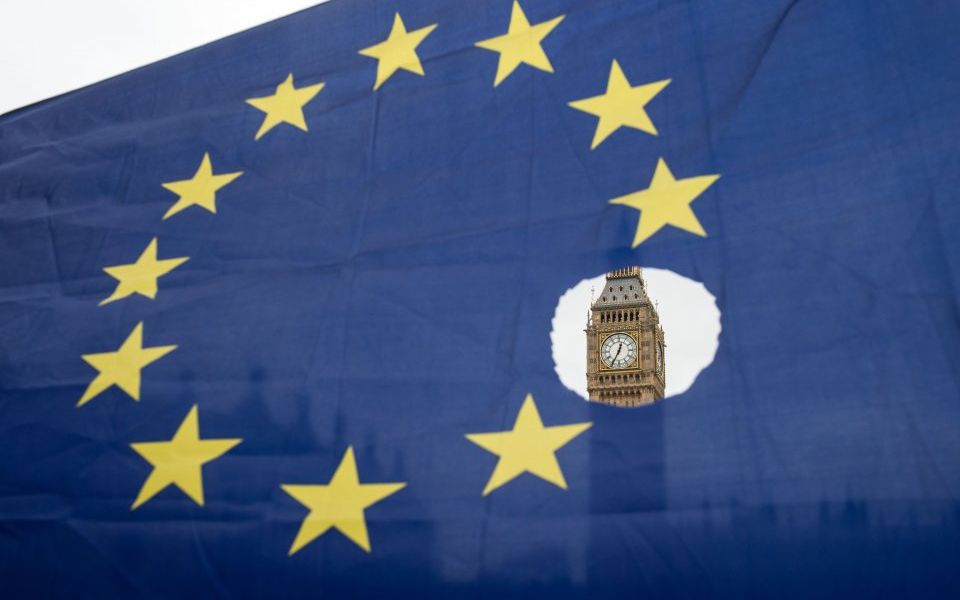Opinion: Why we must remember that Mark Carney’s warnings about house prices are a worst case scenario

Mark Carney made headlines, and plenty of waves, with his comments on the possible effect of a no-deal Brexit on house prices. He said that they could fall by a third if we failed to strike a deal with the EU.
Certainly, you would have to say that the governor of the Bank of England is as authoritative, independent and objective as anyone in this whole debate. However, from our point of view – trying to give our clients equally dispassionate advice about property values and opportunities – I cannot see it being as swingeing as he says.
Firstly, he is giving a worst-case scenario. His figure of 35 per cent was ‘over the course of three years’ – the equivalent of about 10 per cent per year.
How often has property in this country ever actually fallen three full years in succession? Even in the wake of the near-collapse of the worldwide banking system in 2008, and a fall of up to 24 per cent in Prime Central London, the property market had recovered to pre-2008 levels by mid-2011.
It was 2016’s stamp duty hike, just as much as the referendum result, that initiated the downturn in the London market
So, while the governor is right to warn of a worst-case, no-deal scenario, we should also remain confident of the UK property market’s resilience. Talking it down – particularly from such a great height – is always going to be self-fulfilling to an extent. Some of the resulting chatter is inevitably of owners selling and sitting on their money for a while in order to benefit from falling values – a kind of short-selling strategy that is in nobody’s interest.
Secondly, simply talking about ‘house prices’ in such a generic manner may be misleading in terms of what it is likely to mean to an individual. What happens in London – which is a very international market – will be different to what happens in those regions that are generally only about domestic buyers and sellers.
Potentially just as significant as deal or no deal is Theresa May’s announcement of plans to levy a new stamp duty of up to three per cent on individuals and companies not paying tax in this country. It was 2016’s stamp duty hike, just as much as the referendum result, that initiated the downturn in the London market.
So the range of outcomes in the next few months is not limited to simply ‘deal or no deal’. There is also a real chance that the can is simply kicked down the road and negotiations of some sort continue for the next few years, prolonging the uncertainty. But since 2008 there has been so much volatility and so many undercurrents that ‘uncertainty’ is, in many ways, the new normal.
And it’s quite possible that, come March 2019, with much of the negativity already factored into the market, kicking the can down the road won’t seem like a bad option.
I’m an optimist by nature and have seen plenty of property price cycles. However, like every other businessperson, colleague, client or neighbour I speak to, I want the government to stop in-fighting and ensure that worst-case scenarios – of which no deal is certainly an example – are avoided.